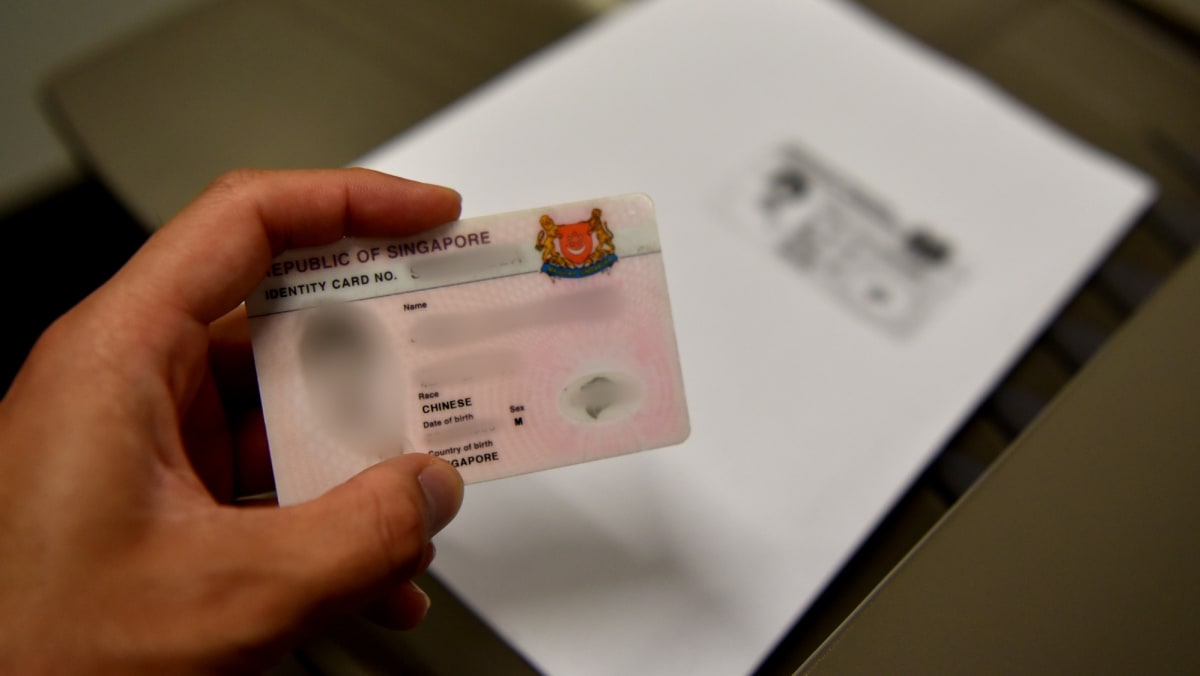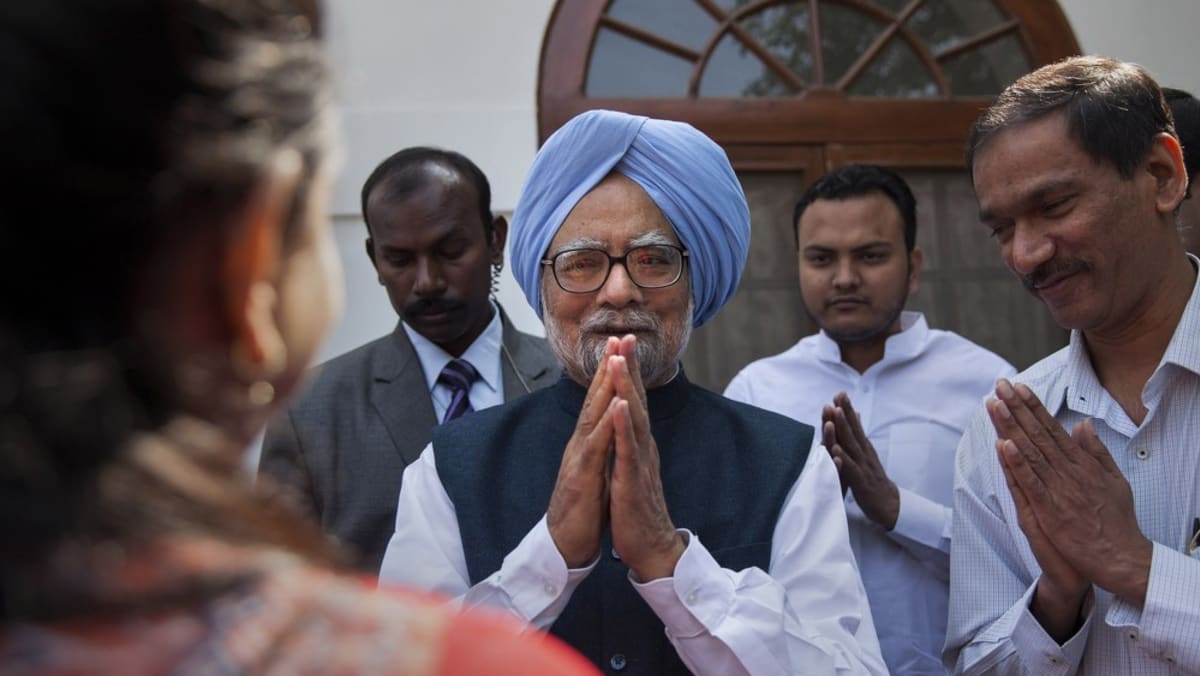SINGAPORE: Being constantly plugged in online has become a norm for Audrey Yeap.
The 17-year-old said she spends 6 to 7 hours a day on screens, with most of that time dedicated to schoolwork.
Her habits are not unlike those of her fellow teenagers.
Those aged between 13 and 19 are spending almost 8.5 hours on average daily using their electronic devices, according to a new survey jointly conducted by CNA and the Institute of Policy Studies.
The report showed that on a typical day, teens like Audrey spent the most time on screens – almost three hours – for education purposes, followed by entertainment for about two hours.
The survey, which polled youths as well as their parents, found that smartphones were the biggest culprit, eating up nearly 3.5 hours in a day. Computers and laptops came a close second at three hours.
Stress played a significant role in their screen time, with 58.8 per cent of teens surveyed saying they use their devices to cope with stress or negative emotions.
About half said they procrastinate due to their screen usage.
Audrey typically enjoys using multiple devices simultaneously.
“Sometimes I can have multiple devices running at the same time. So maybe on the TV I can have Netflix; on my phone, TikTok; and on my laptop, maybe a YouTube video running,” she added.
“It brings me adrenaline … It brings me energy.”
NEW NATIONAL STRATEGY
The results of the survey comes as more countries like Singapore are taking steps to ensure young people are protected from excessive screen time.
A new national strategy to address children’s health was launched last week, outlining guidelines on screen use in schools and preschools. These include not using electronic devices during meals or before bedtime.
The strategy – called Grow Well SG – will focus on children aged up to 12, but will be extended to older children subsequently.
According to the CNA-IPS survey, 62.5 per cent of teens surveyed find it difficult to reduce their screen time, while roughly the same proportion of parents felt the same.
Nevertheless, 64 per cent of teens said they spent the right amount of time on devices. In contrast, 42 per cent of parent respondents said their teenage children spent too much time online.
Both teens and parents living in more affluent areas are more likely to view their screen time as excessive, the survey further found.
The survey was conducted between September and October 2024 with 507 teens and 1,032 parents.
FAR-REACHING CONSEQUENCES
With the rise of algorithms, psychologists warned the overwhelming flood of information could have far-reaching consequences – not just for a teen’s well-being, but for their cognitive development.
Research has also shown that prolonged screen time, especially on social media, is closely linked to increased feelings of isolation and disconnection.
Dr Natalie Games, a senior clinical psychologist at Alliance Professional Counselling, said teens’ brains undergo changes around the ages of 12 to 13, where they transition from “having a go at everything” to becoming “specialists”.
“If a teenager is spending that amount of time on tech, on social media, then they're missing out on the other things that their brain and their well-being and their growth - socially, psychologically, mentally, emotionally - need to be able to go through this stage of life with skills to be able to manage the future,” Dr Games added.
When teens are looking at several devices at once, they are unable to properly pay attention to any one thing and cannot focus, she noted.
She said: “We're getting a dopamine hit from scrolling … But then what happens is the comedown. When we put (our devices) away, we are left with a very empty feeling, because there's nothing we've accomplished.”
This has been the case for Audrey, who said while she gets a rush of excitement being plugged in, she can begin experiencing negative emotions after some time.
“I can scroll on TikTok for maybe one or two hours and then after that, I just feel kind of guilty about it. Not everything you see is quite authentic,” she said.
“You can feel bad about yourself when you see certain people, like you know, they have like everything they could possibly want but you don't. And I feel like that's actually affecting my mental health to a certain extent.”
PARENTS SHOULD LIMIT SCREEN TIME
Experts previously said that parents should lead by example by limiting their own screen time, and that healthy screen usage requires collaboration among families, schools and healthcare institutions.
About 62 per cent of parent respondents in the survey said they set an example for their child when it comes to limiting screen time, while about the same proportion indicated that they set screen time limits for themselves.
For Audrey, setting screen time limits was just the beginning. She even enlisted her mother to set the password, making it harder to bypass the limits.
For the teen’s father Alan Yeap, he said taking a calibrated approach is necessary.
Teens like his daughter have grown up with technology, he noted, and it is about “trying to balance” the positives and negatives of being on screens.
“As long as we pass on the knowledge to our young generation (on) what is bad, what is good, I believe that they know how to control themselves,” he added.















.png?itok=erLSagvf)






























